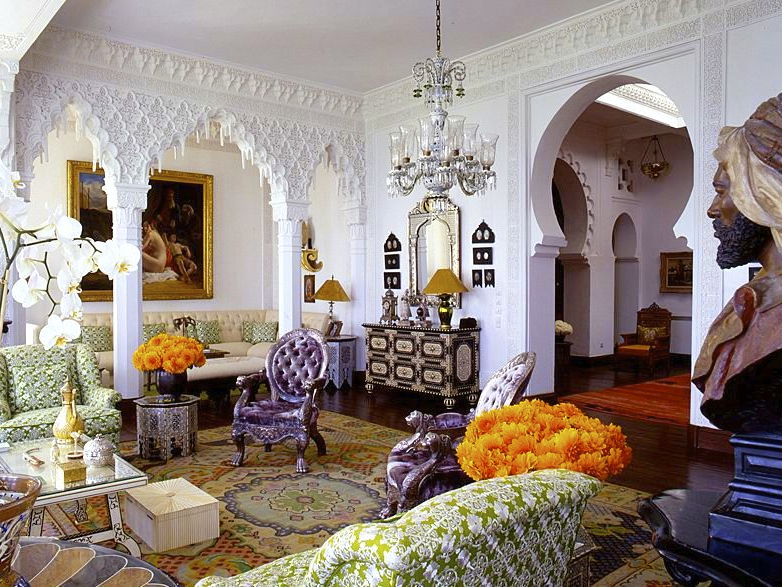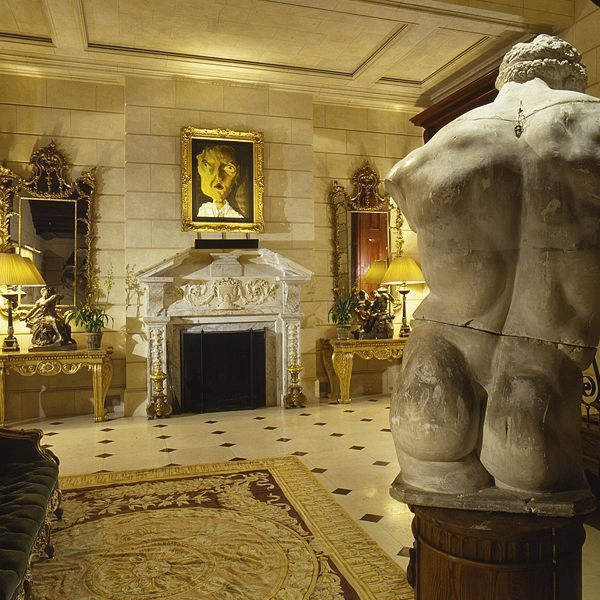
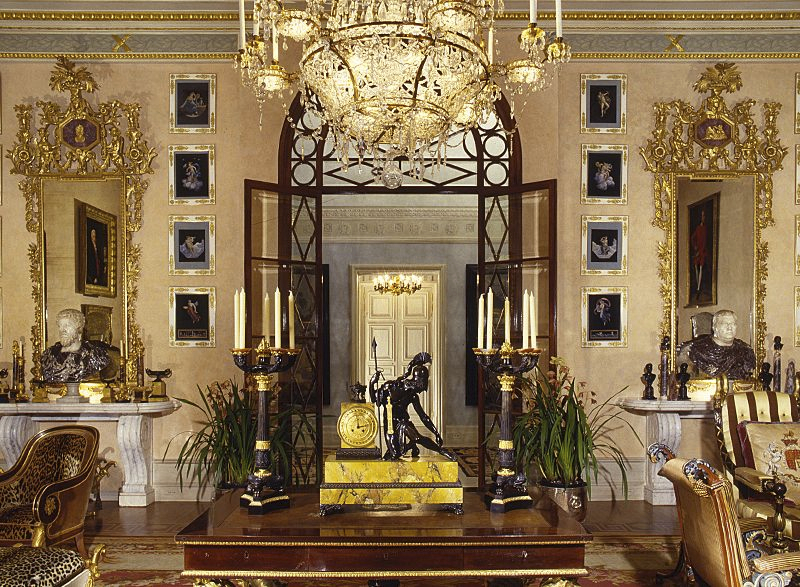
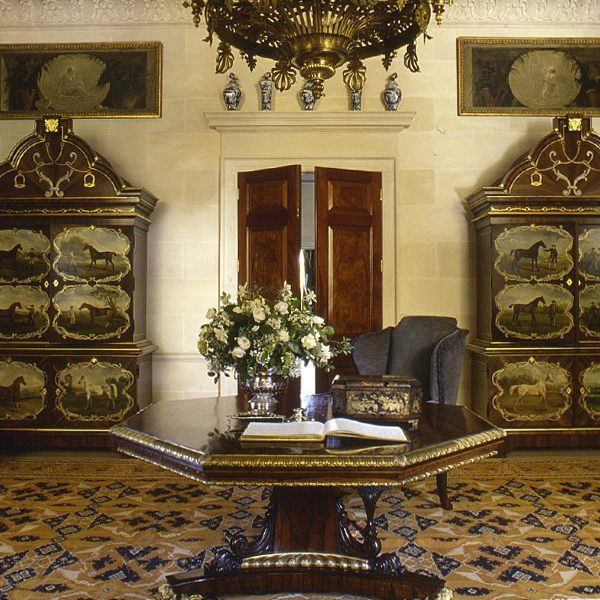
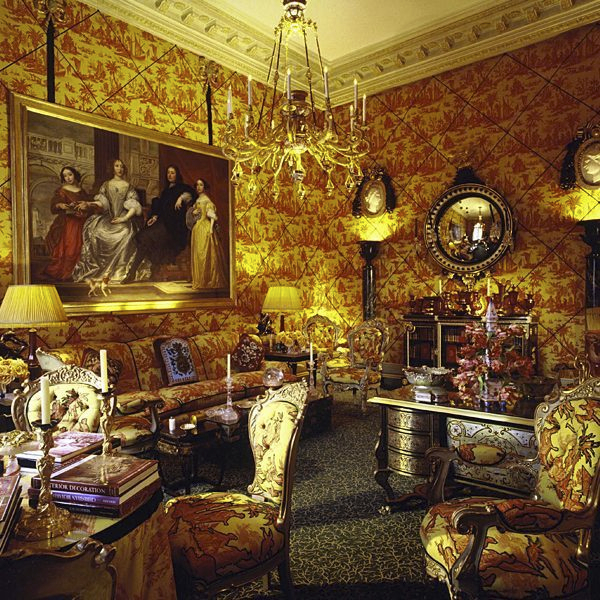
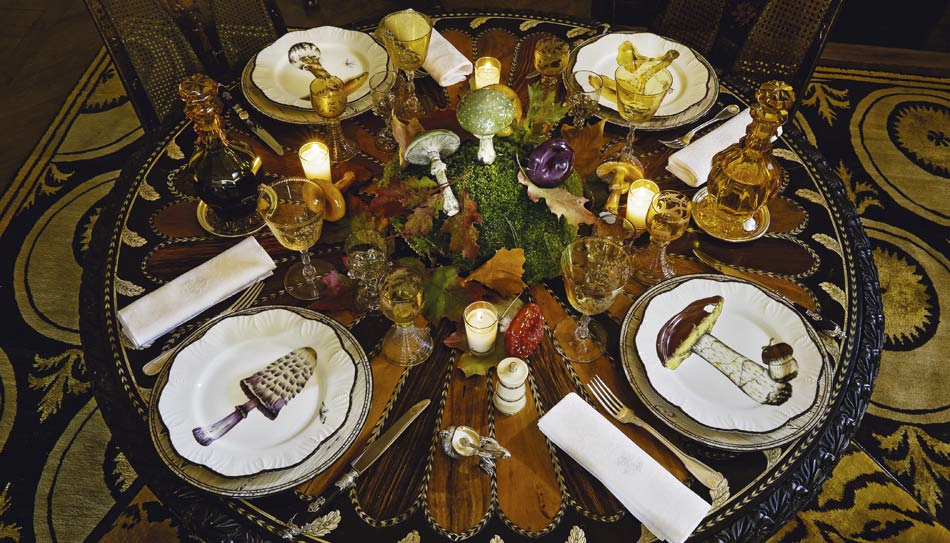
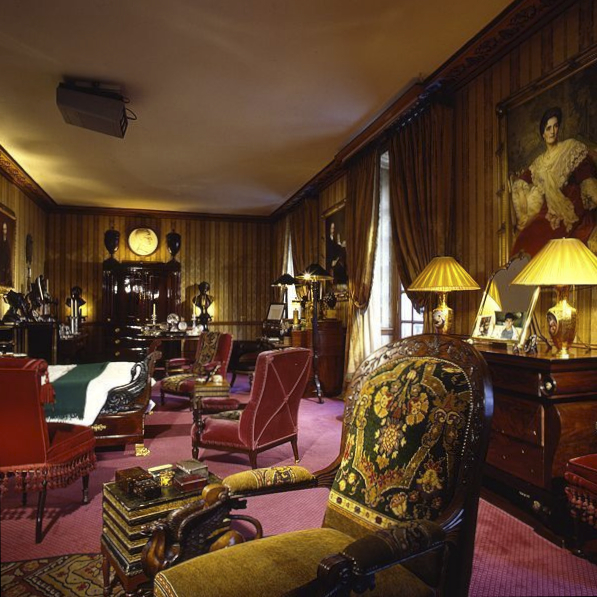
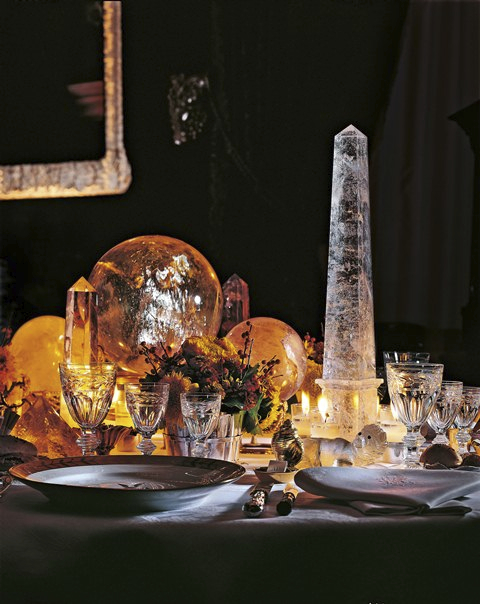
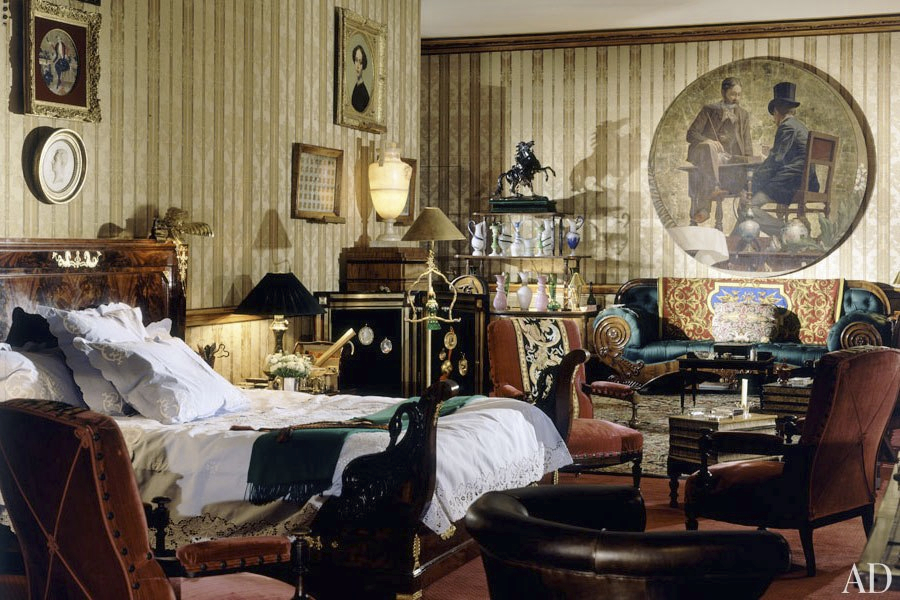
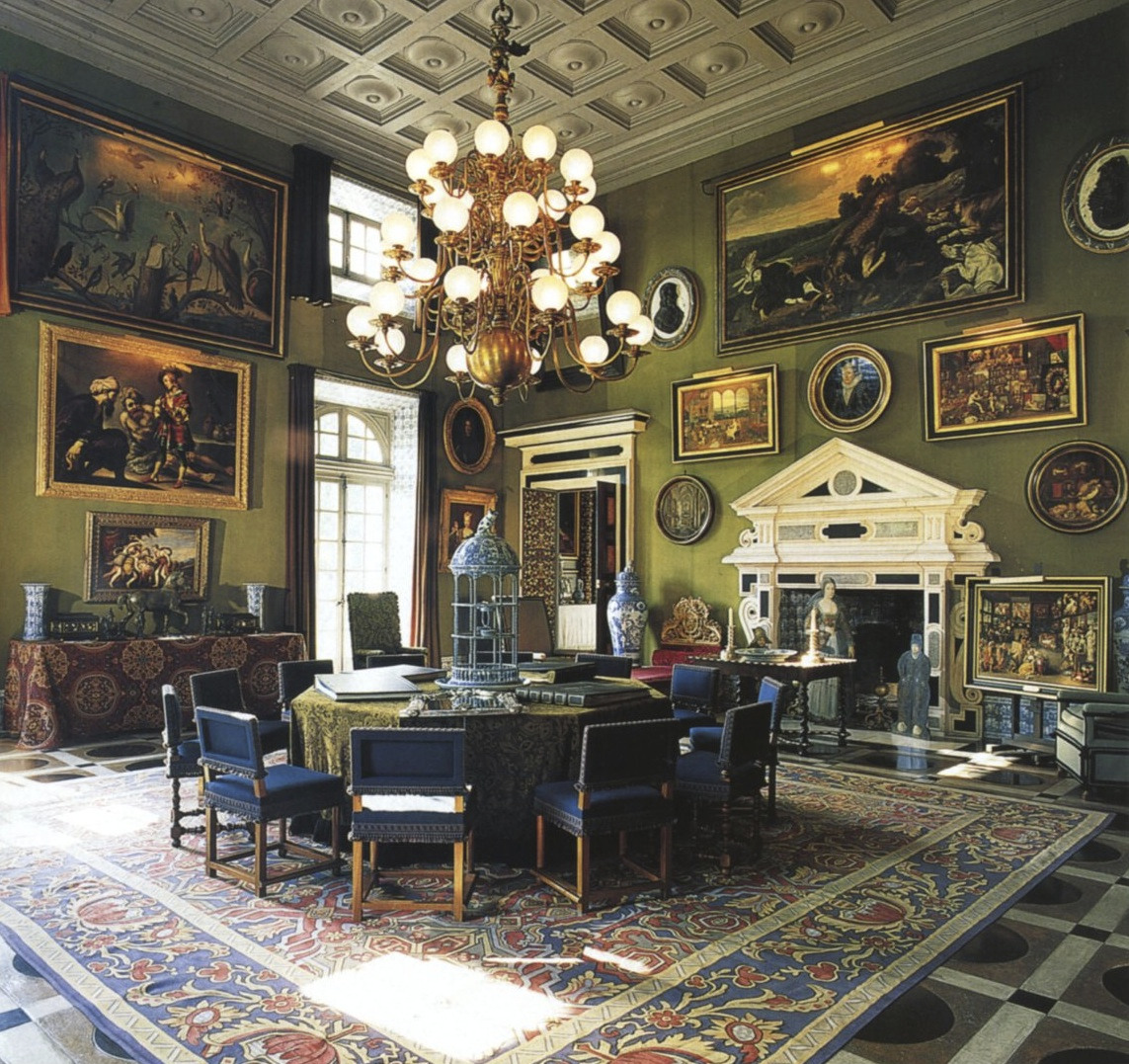
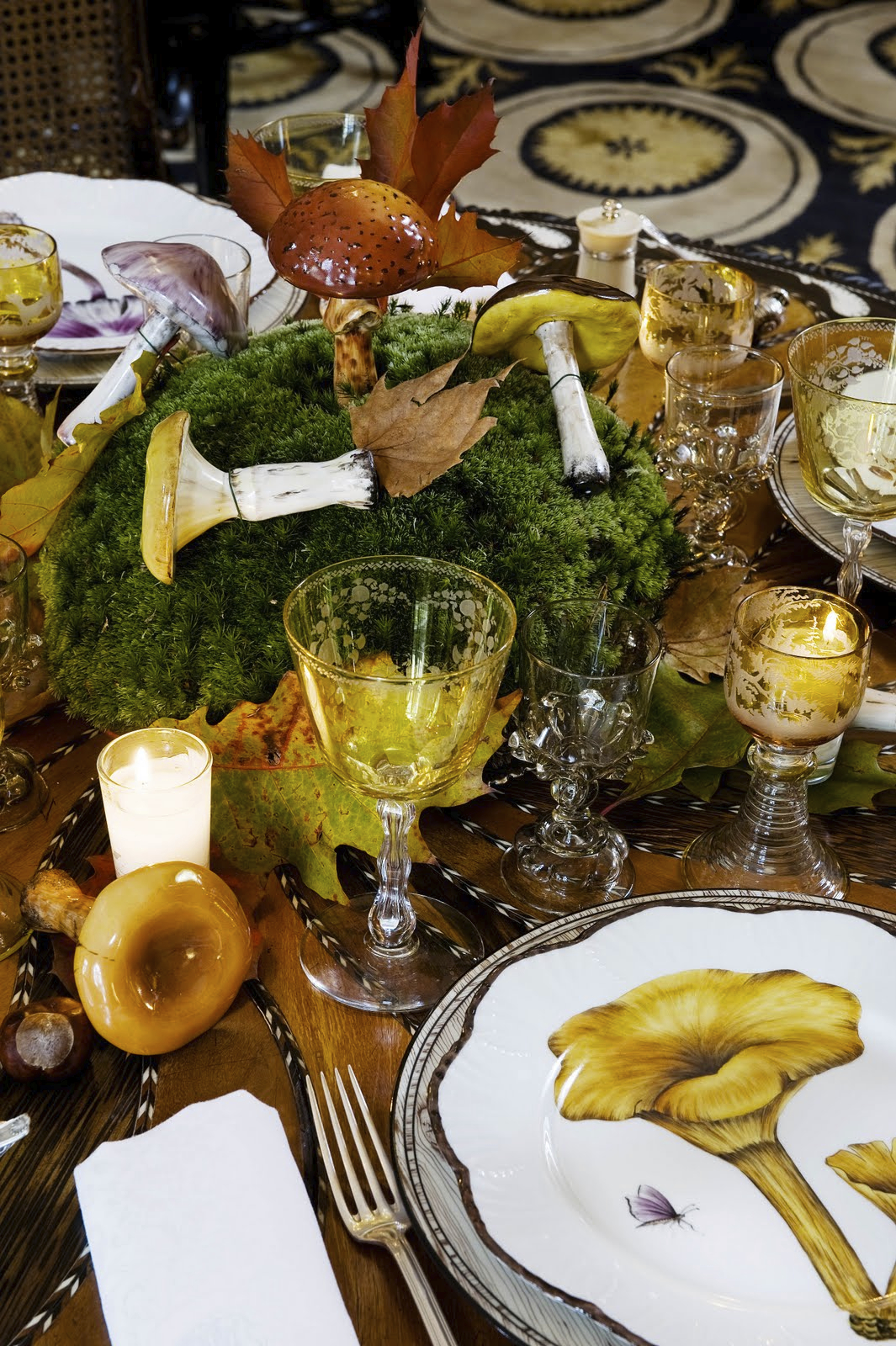
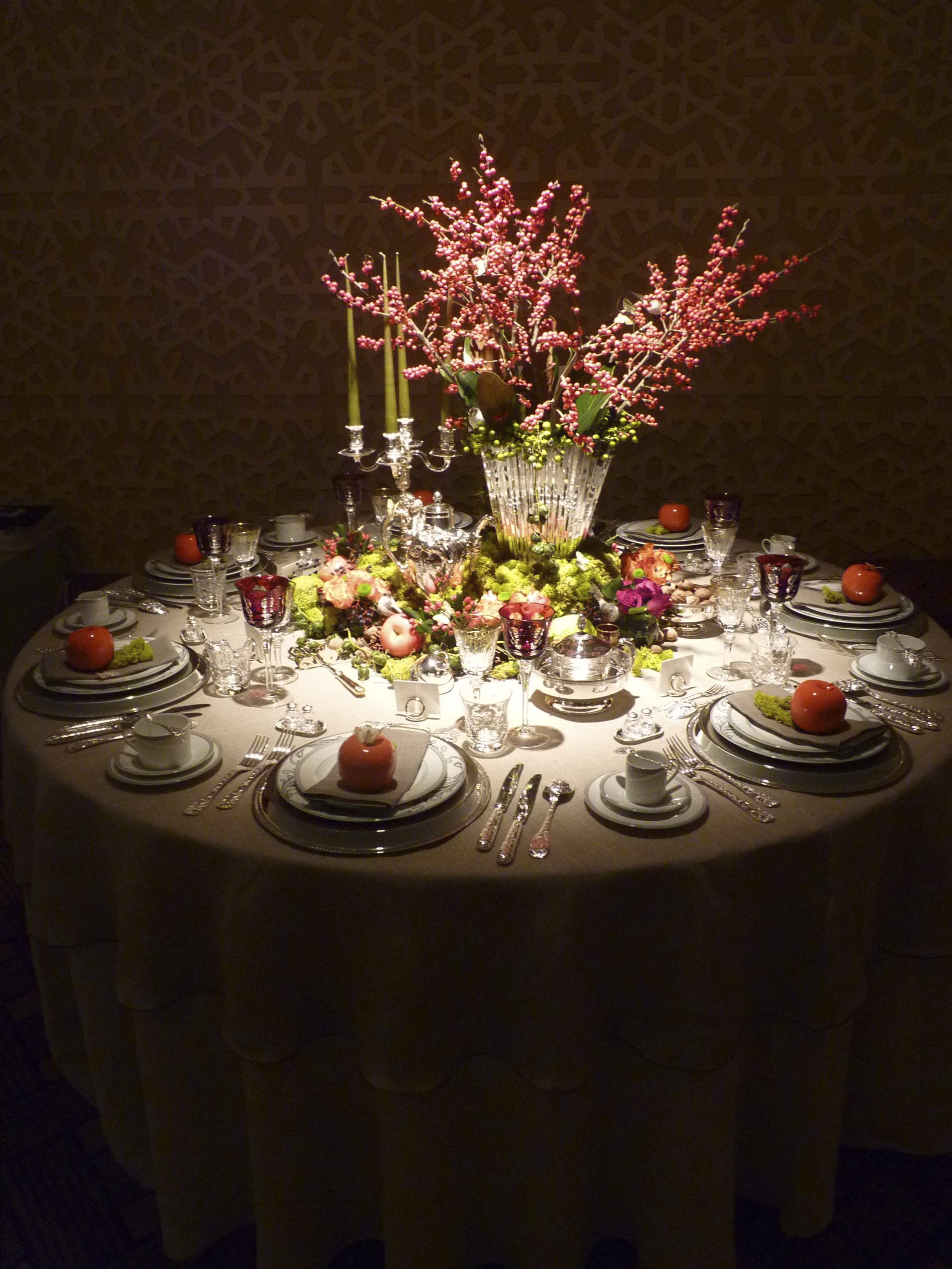
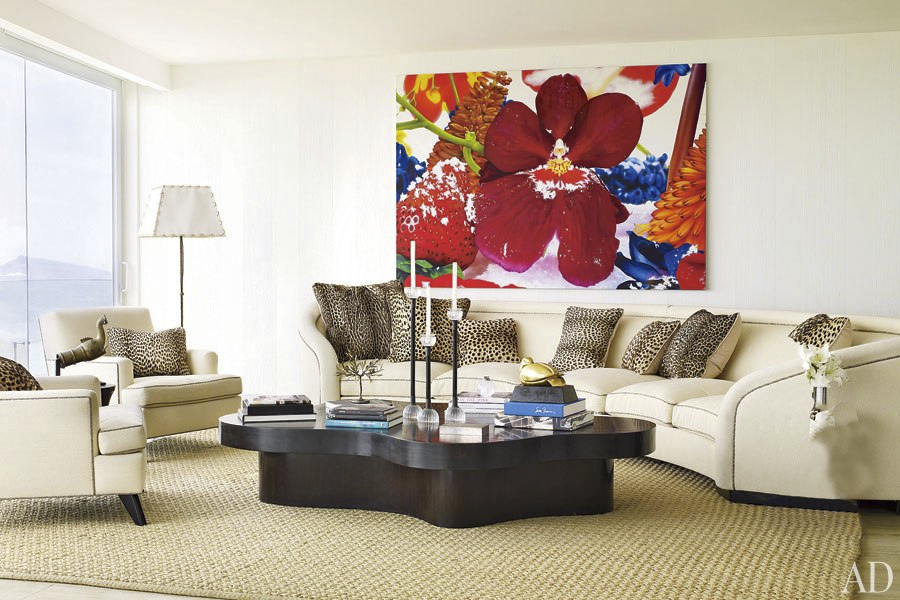
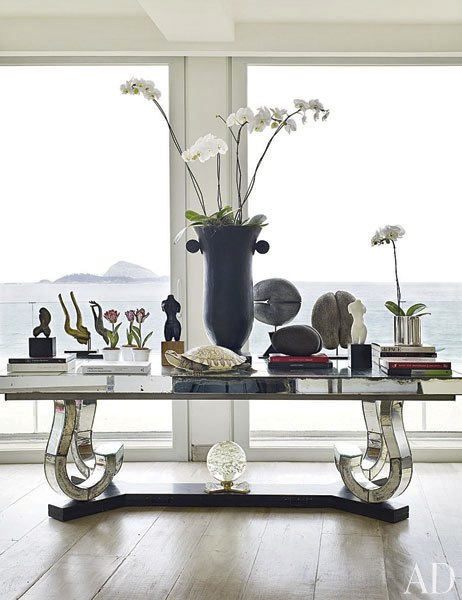
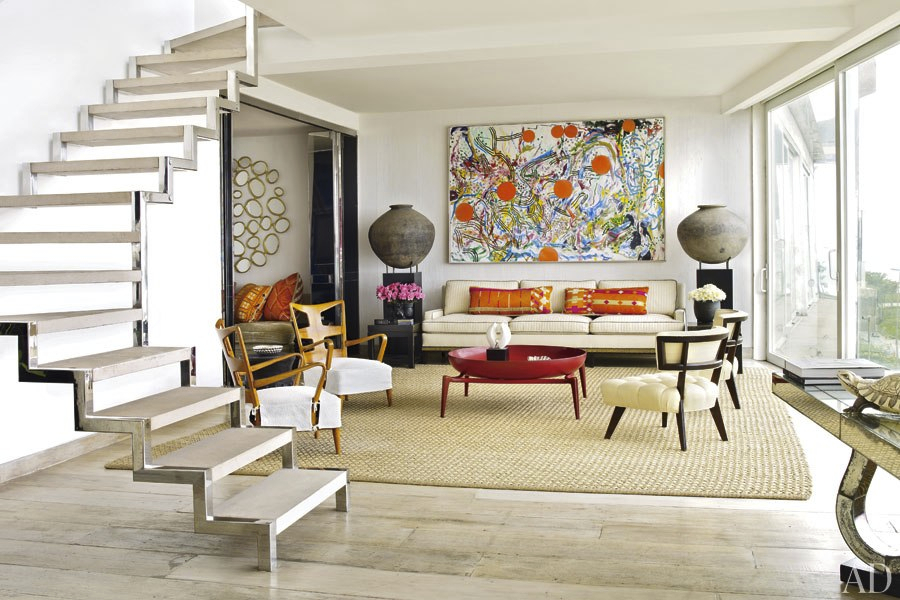
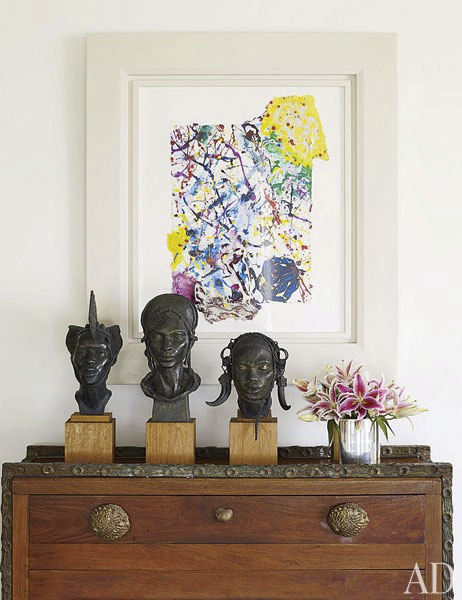
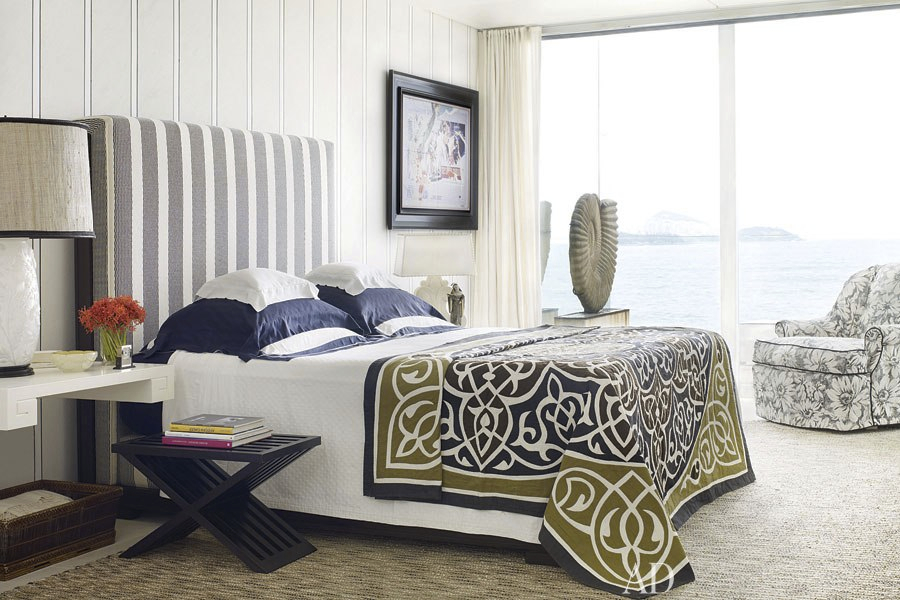
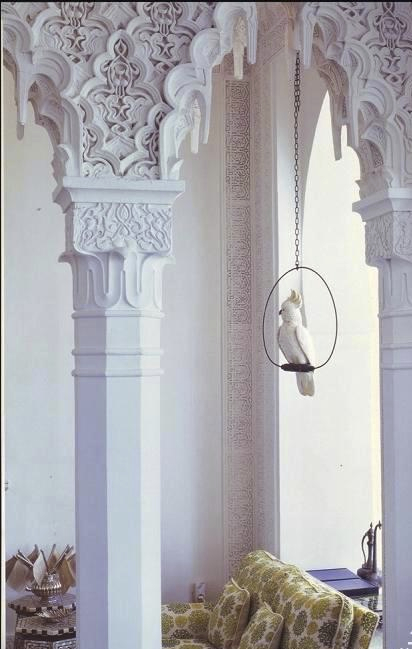
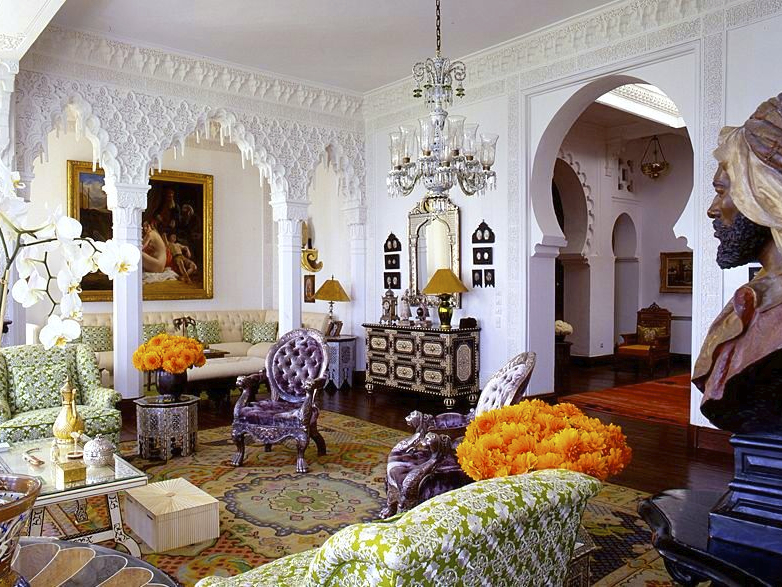
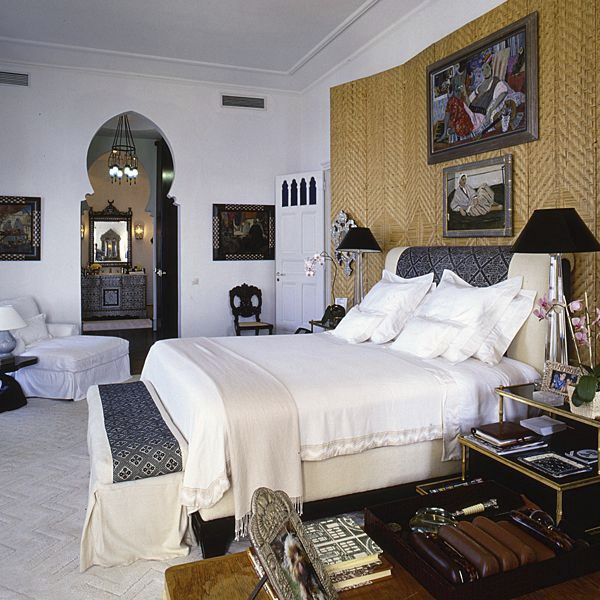
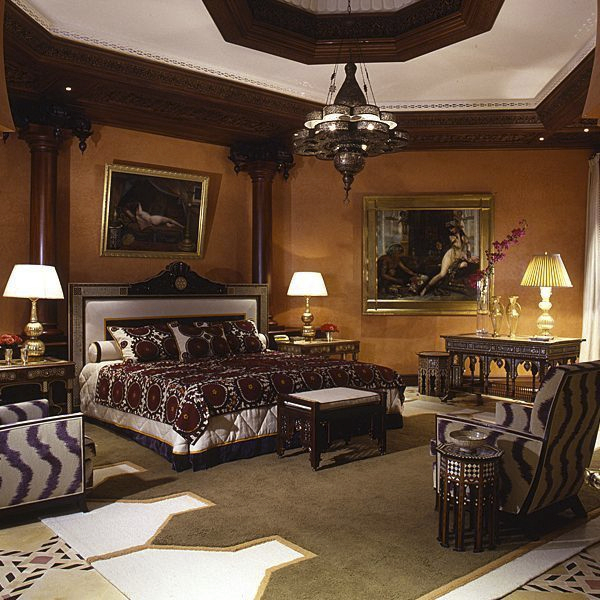
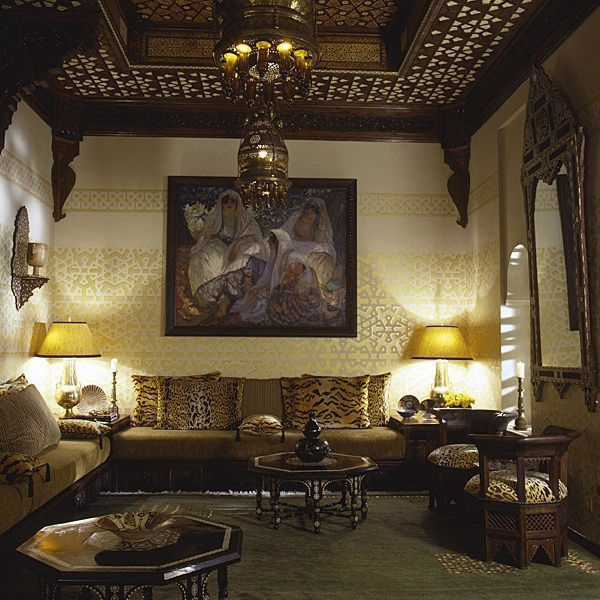
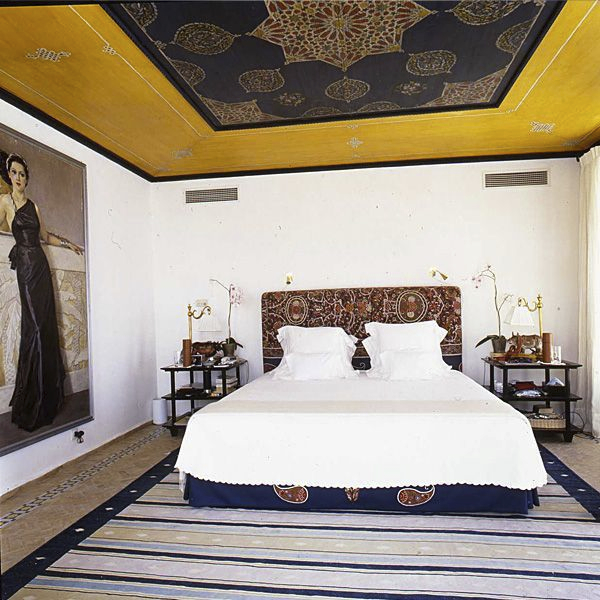
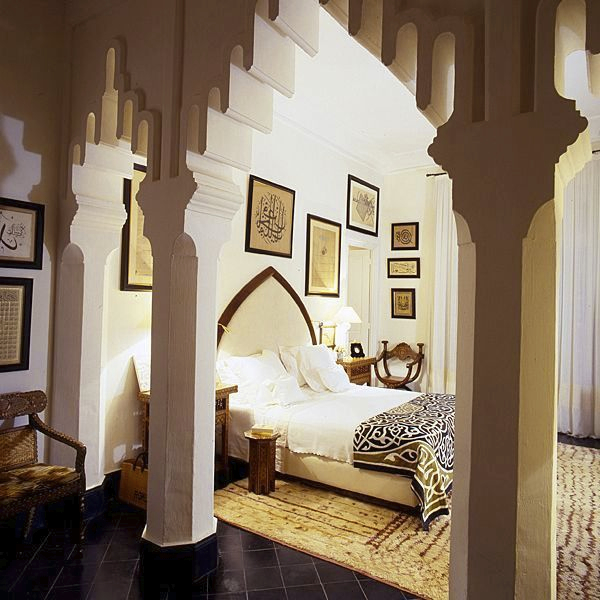
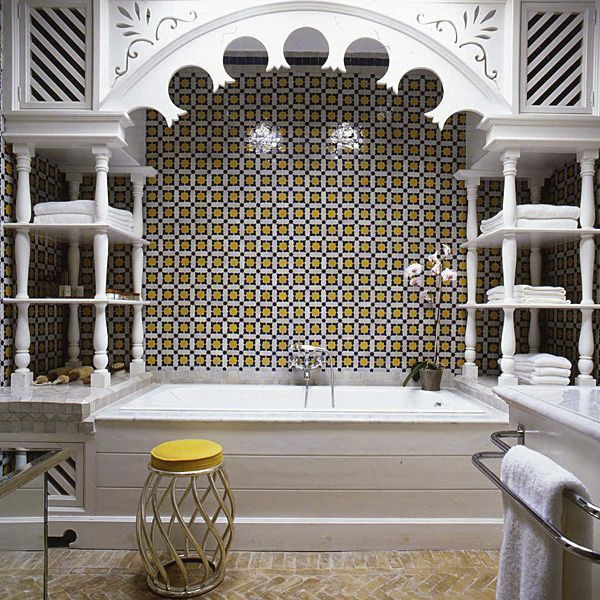
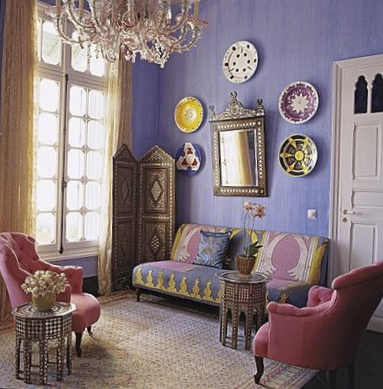

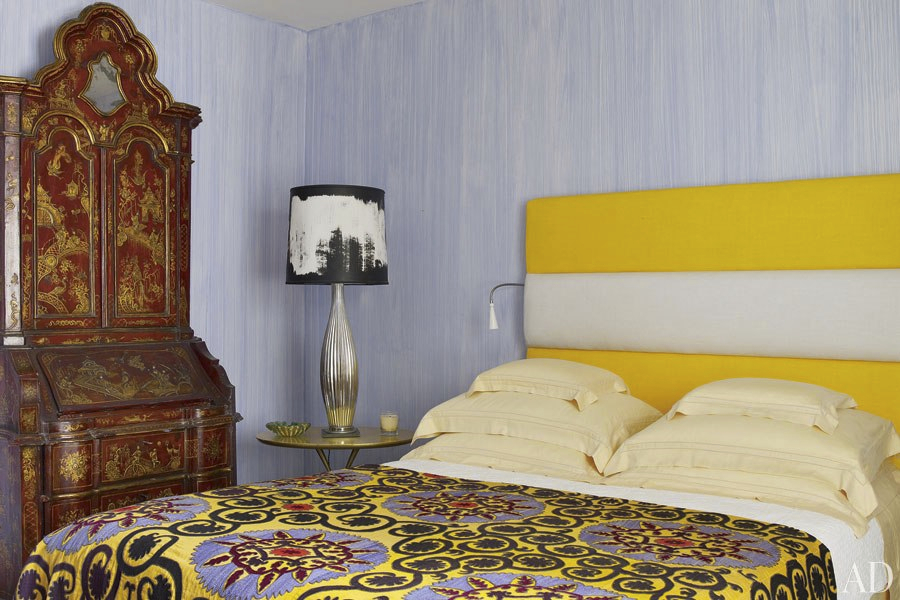
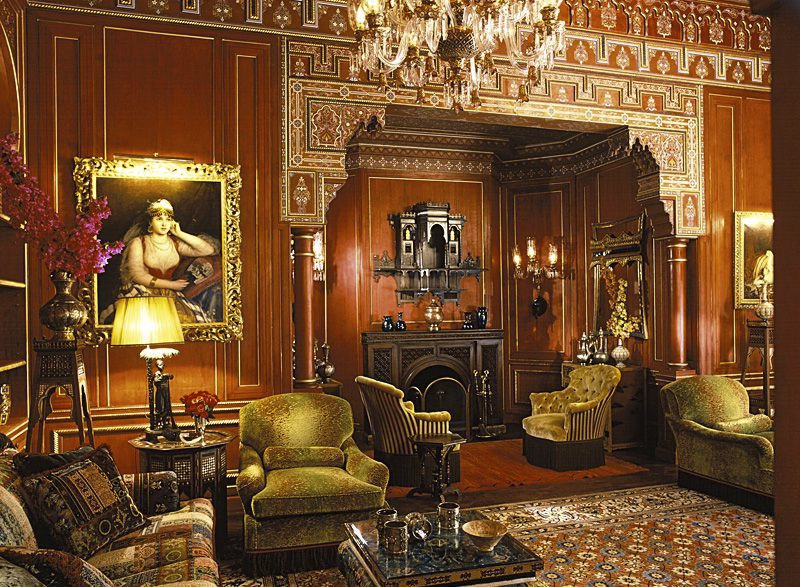
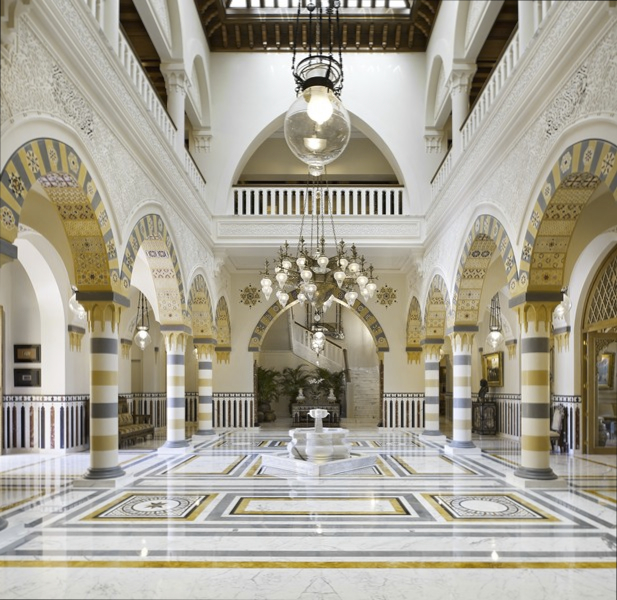
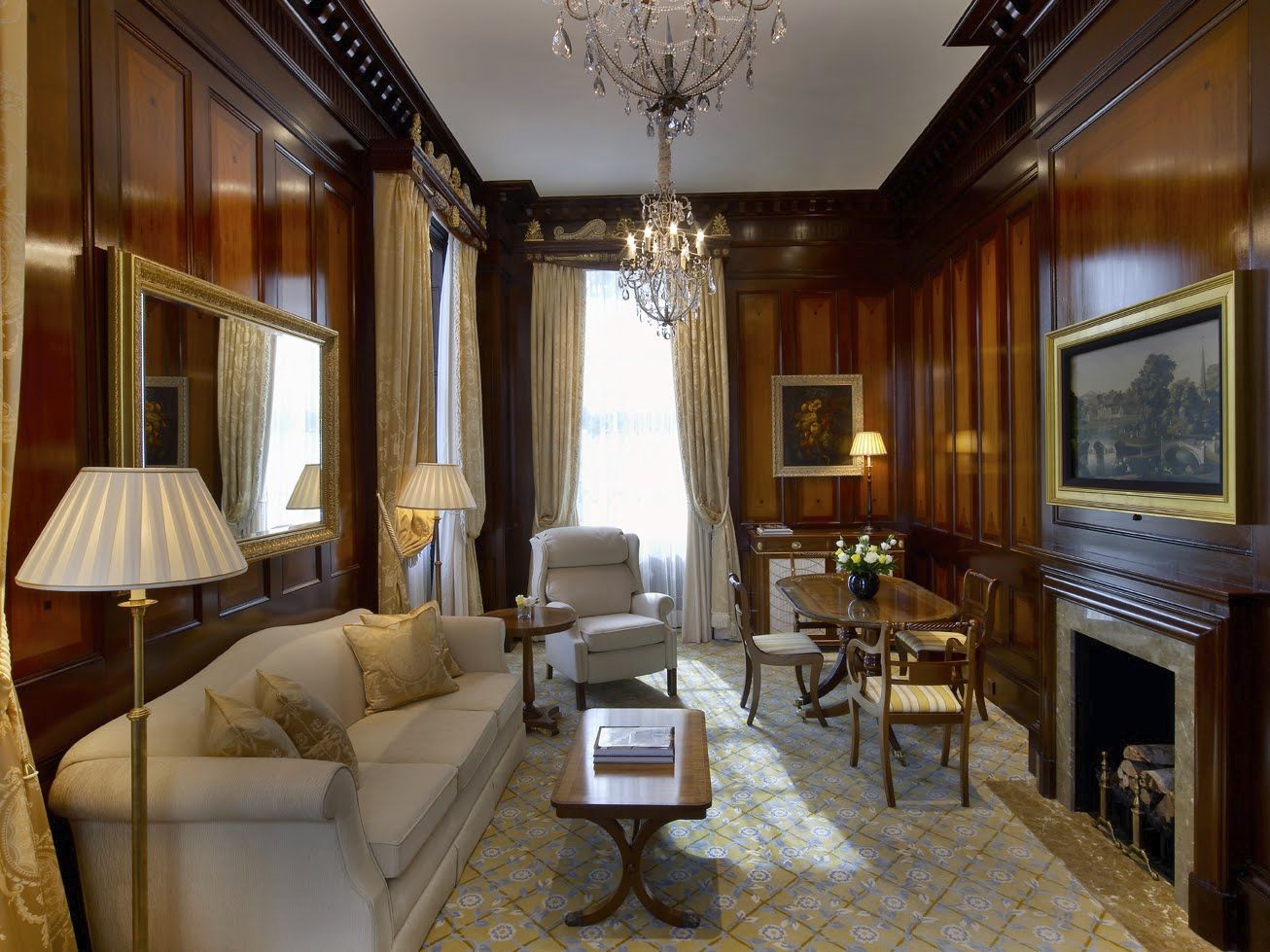
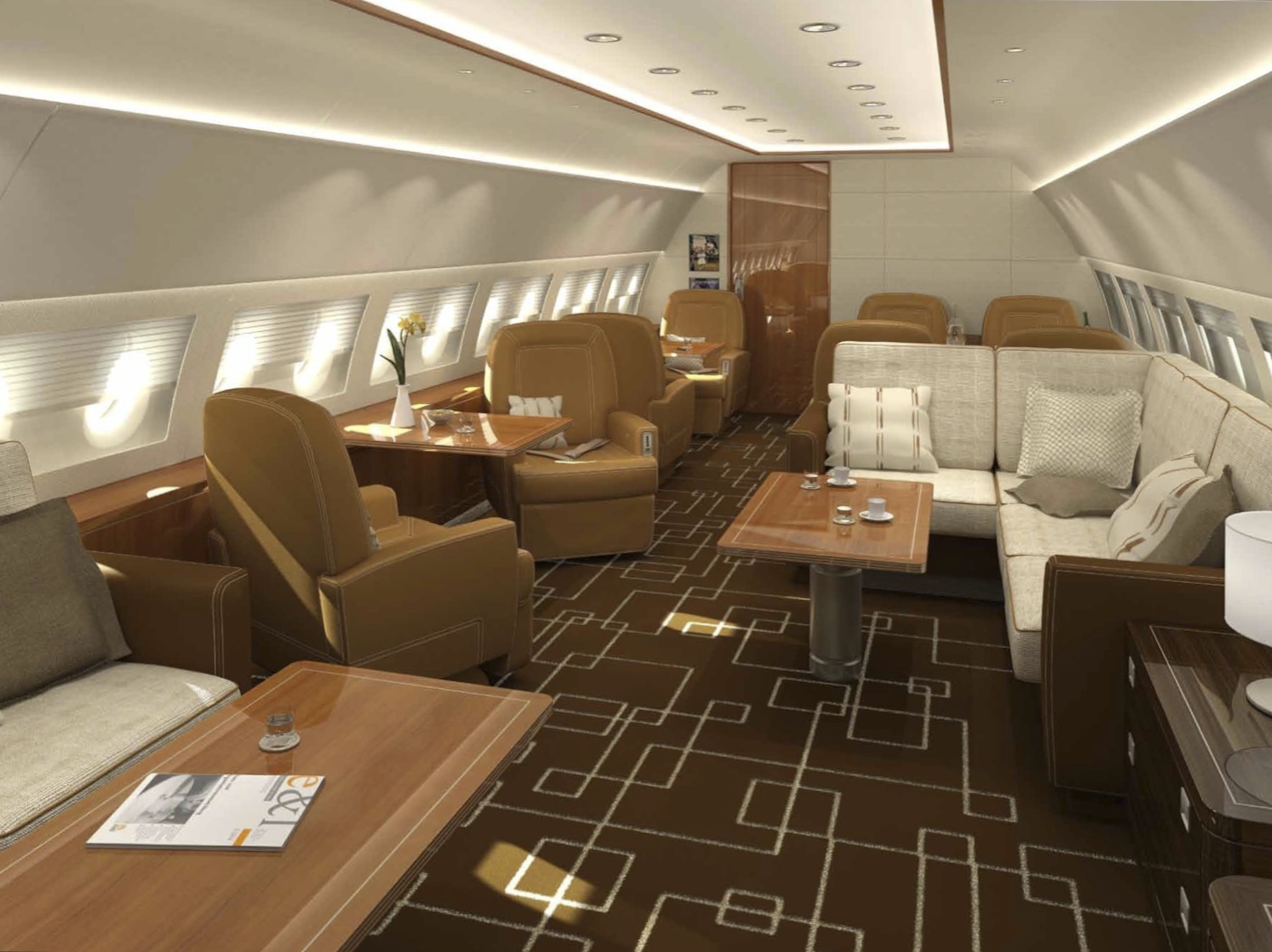
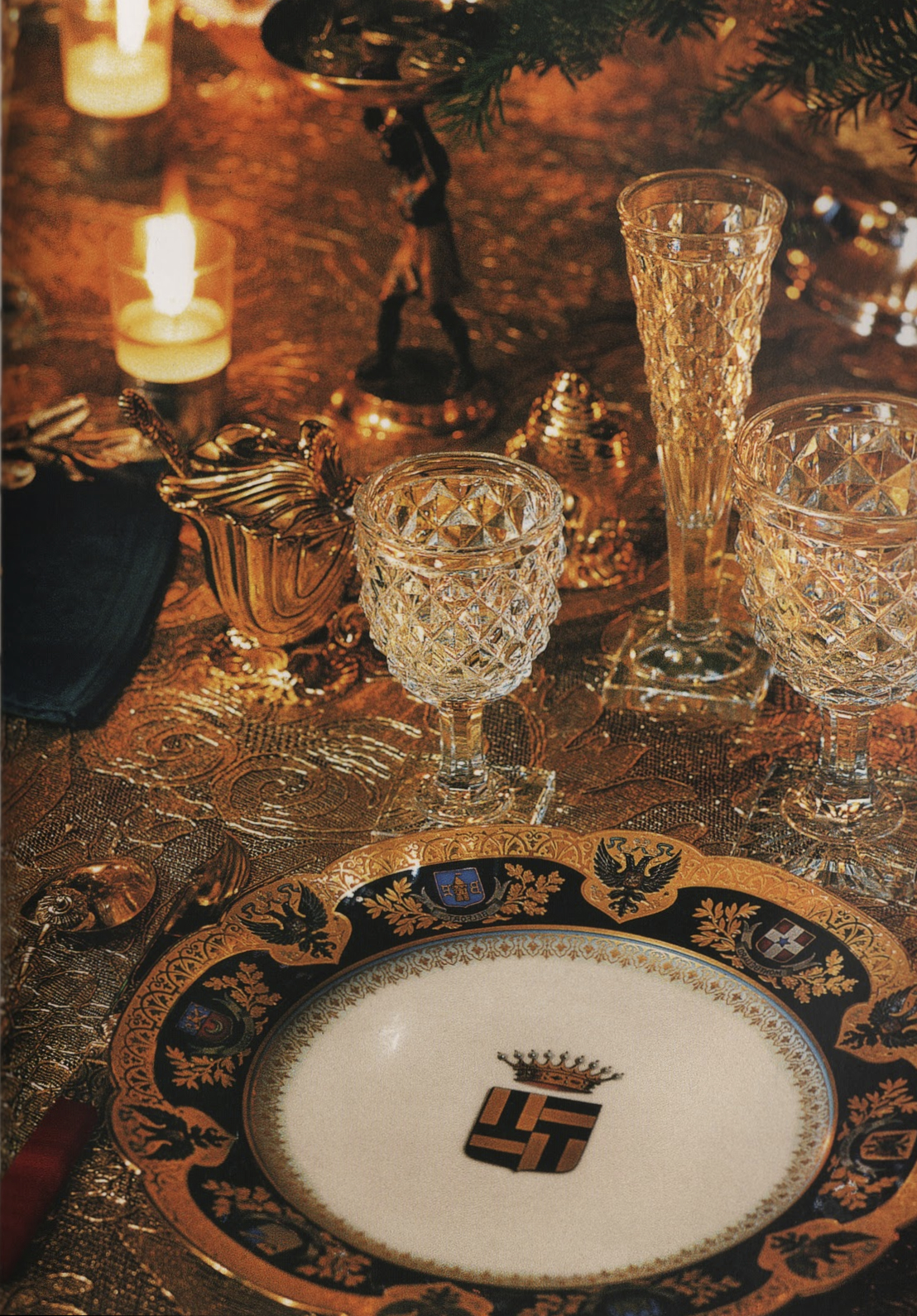
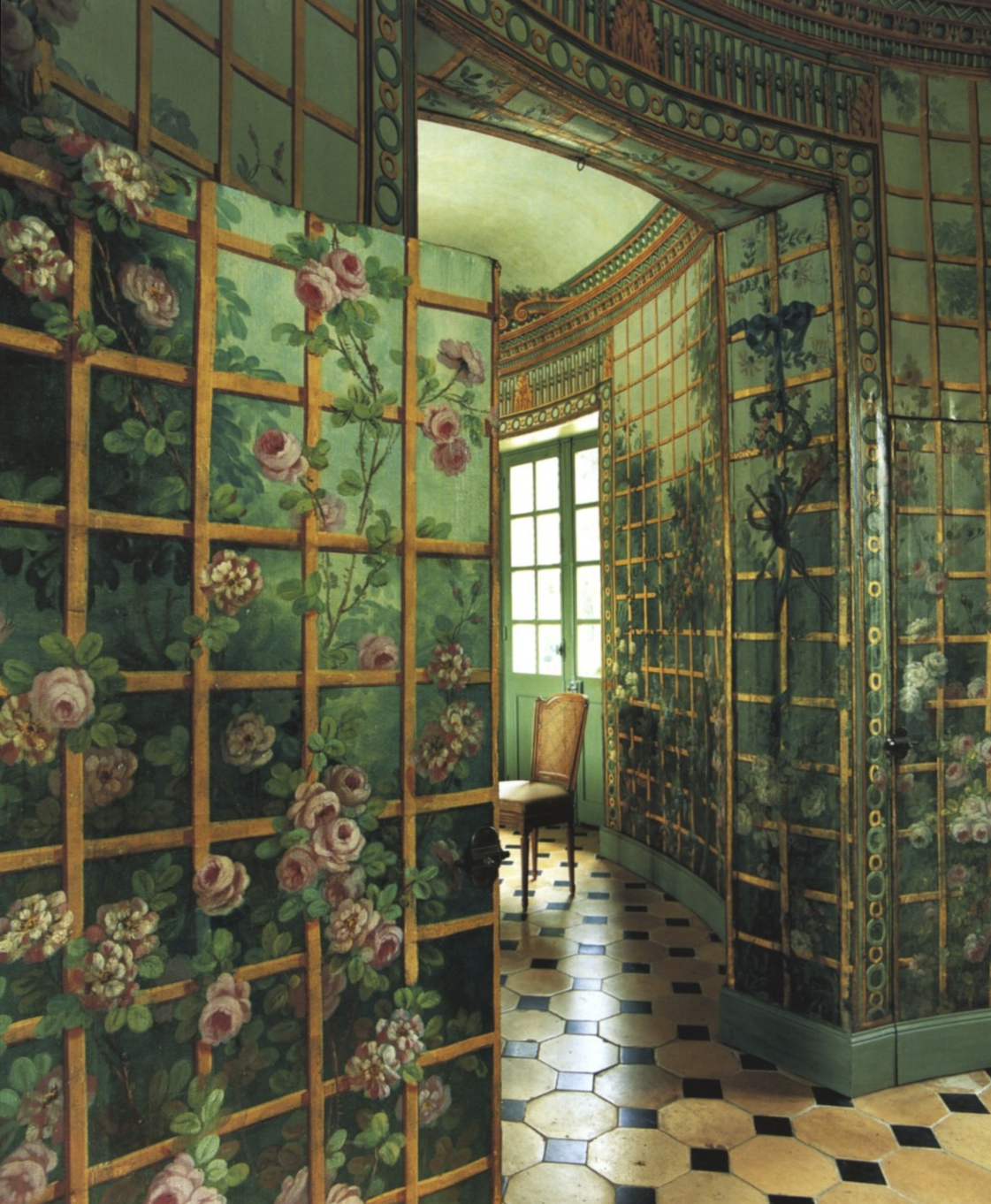
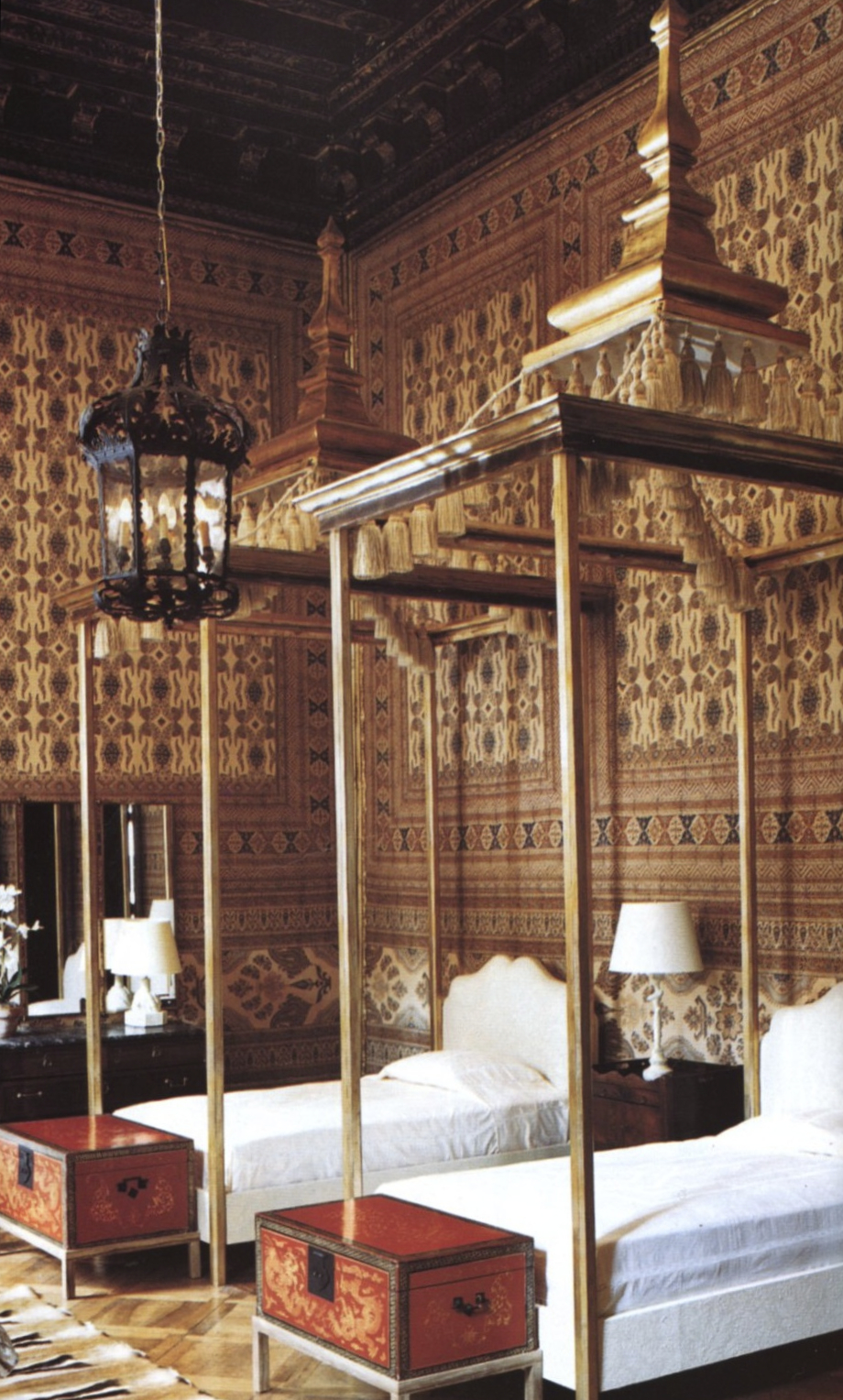
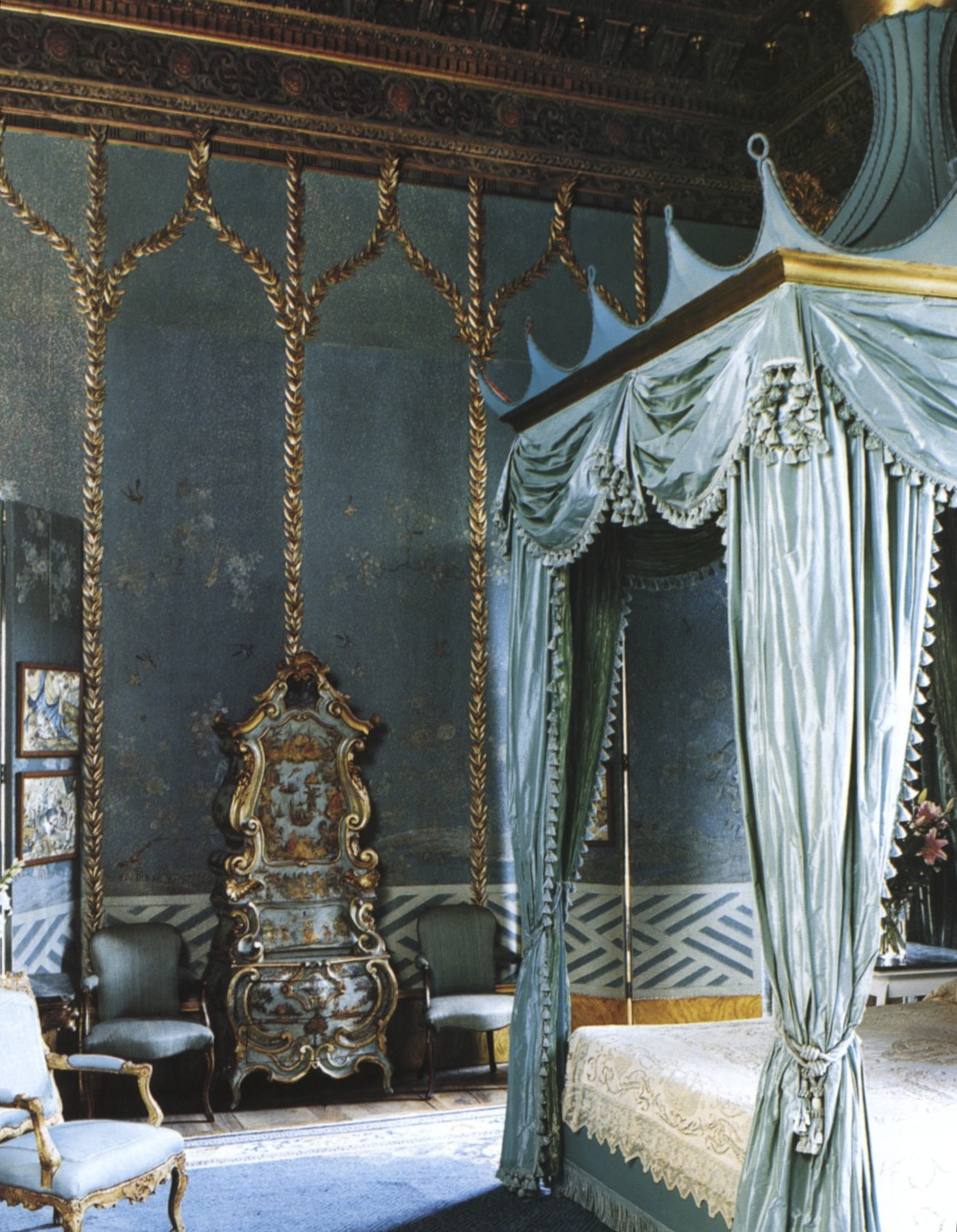
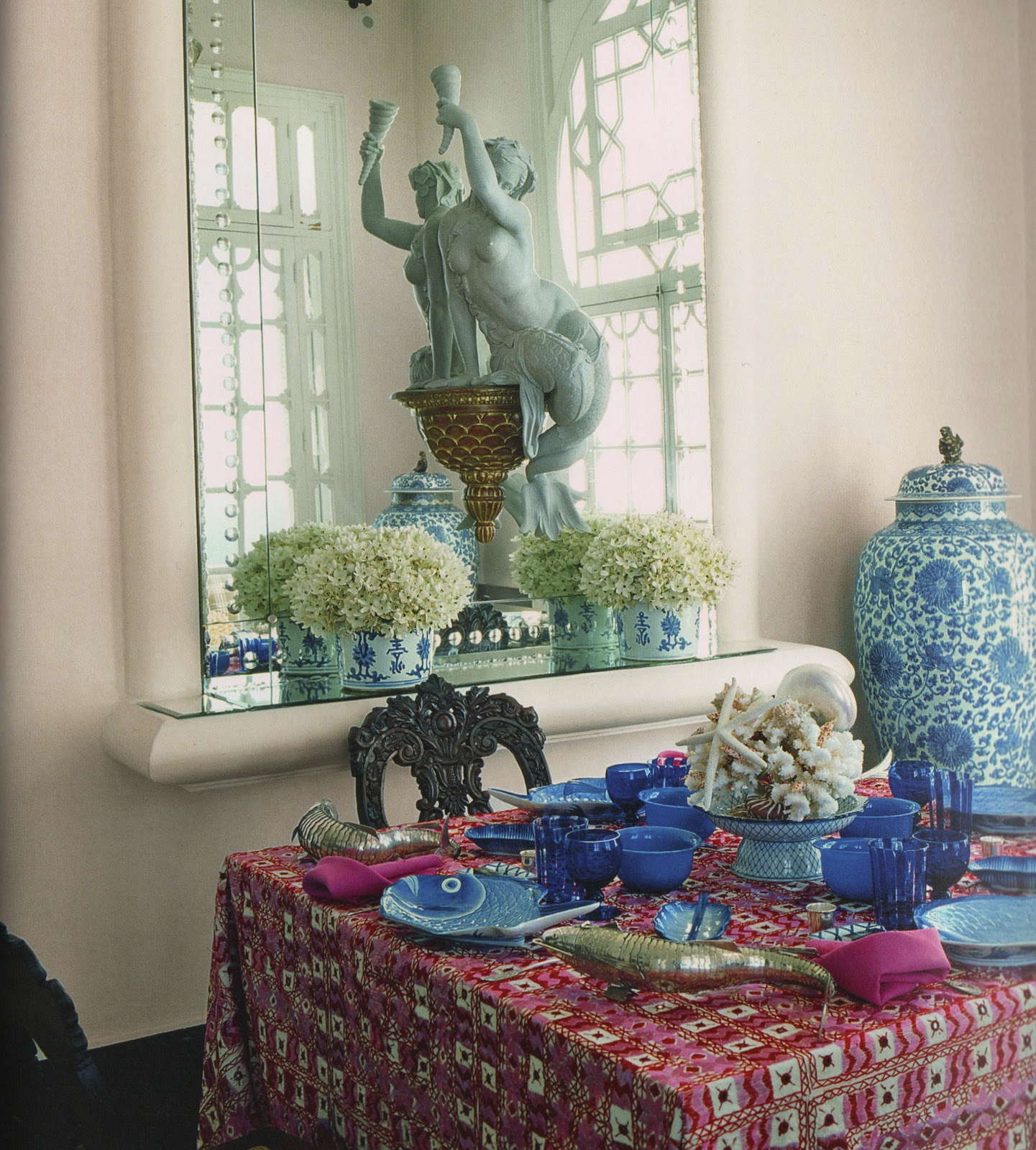
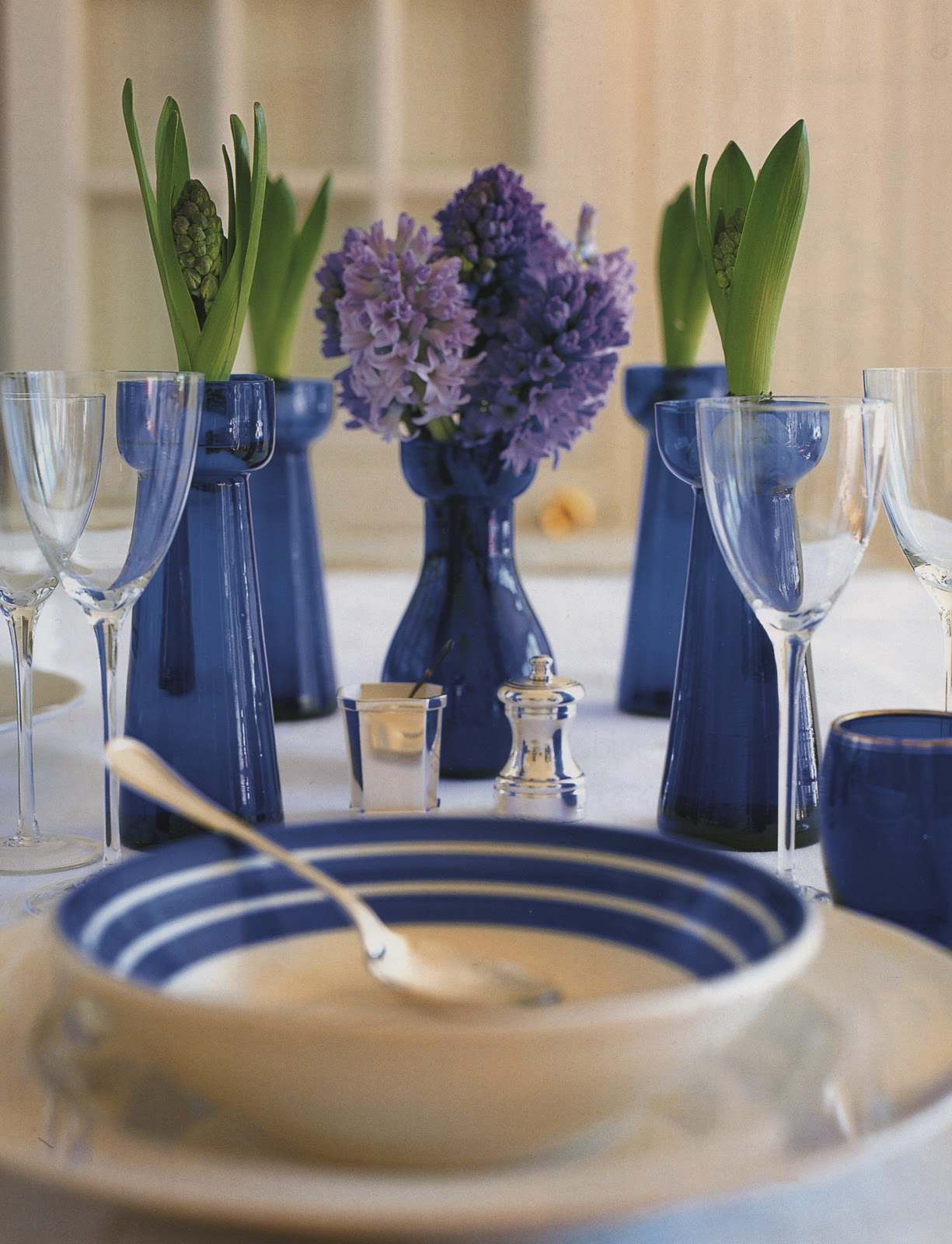
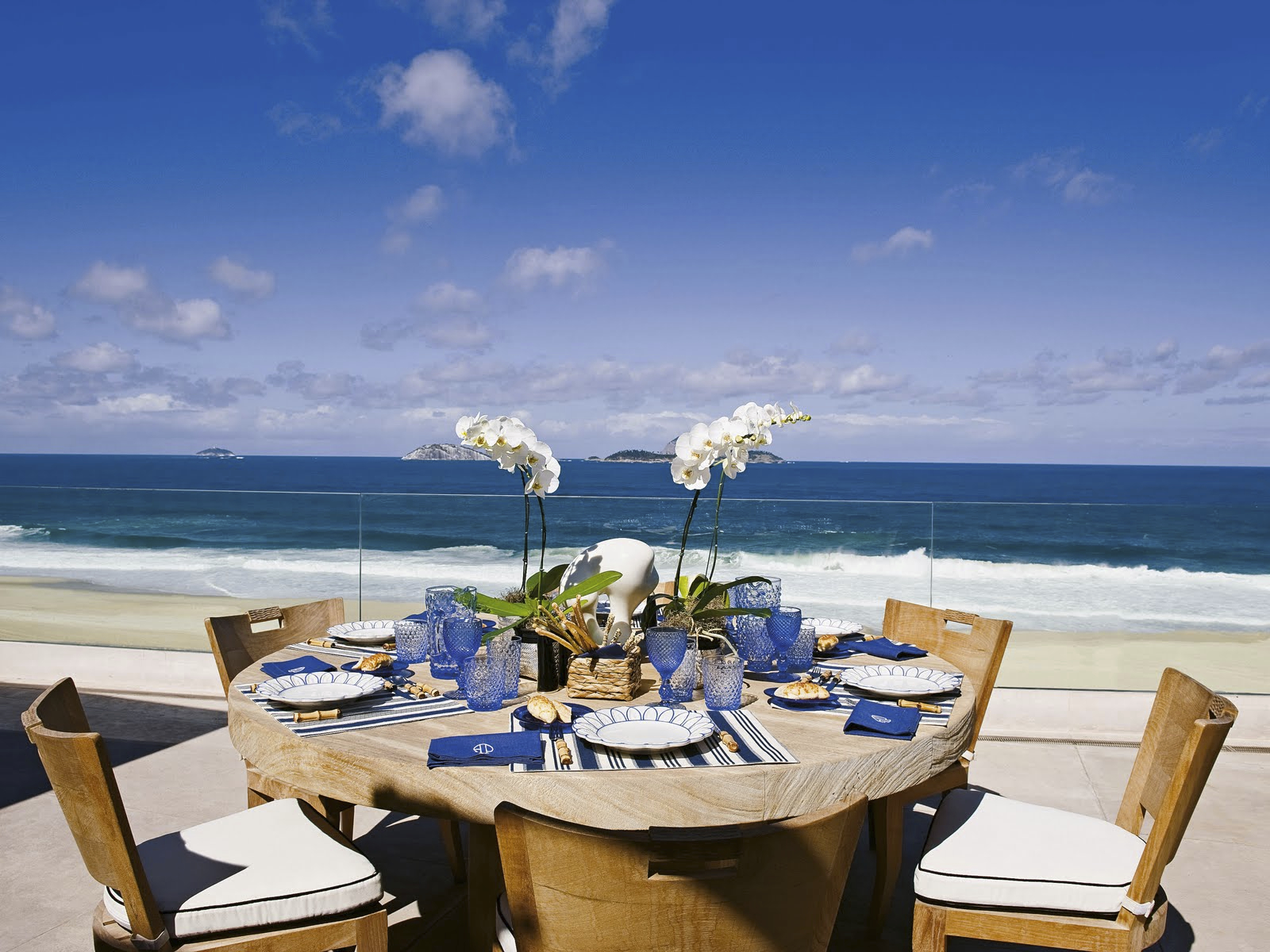
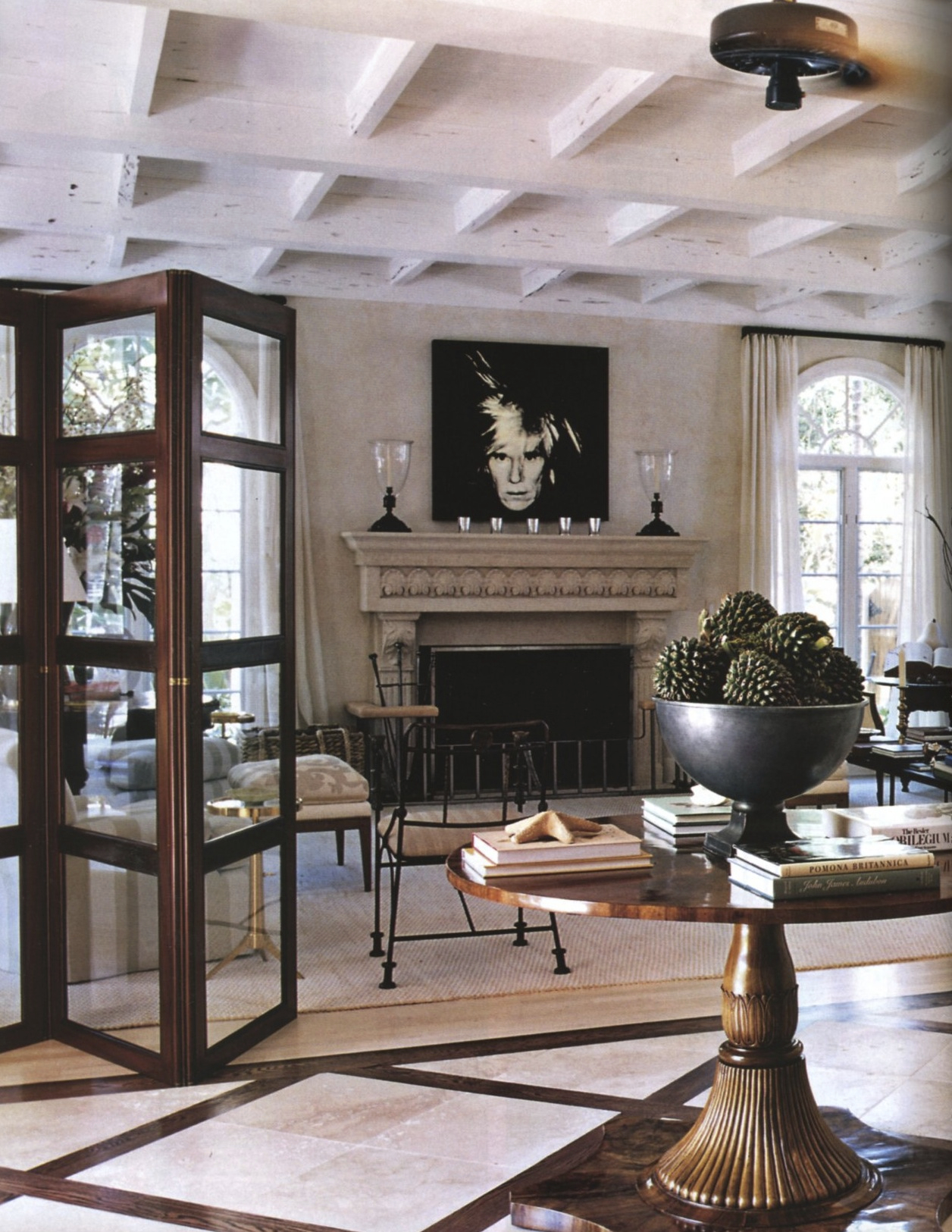
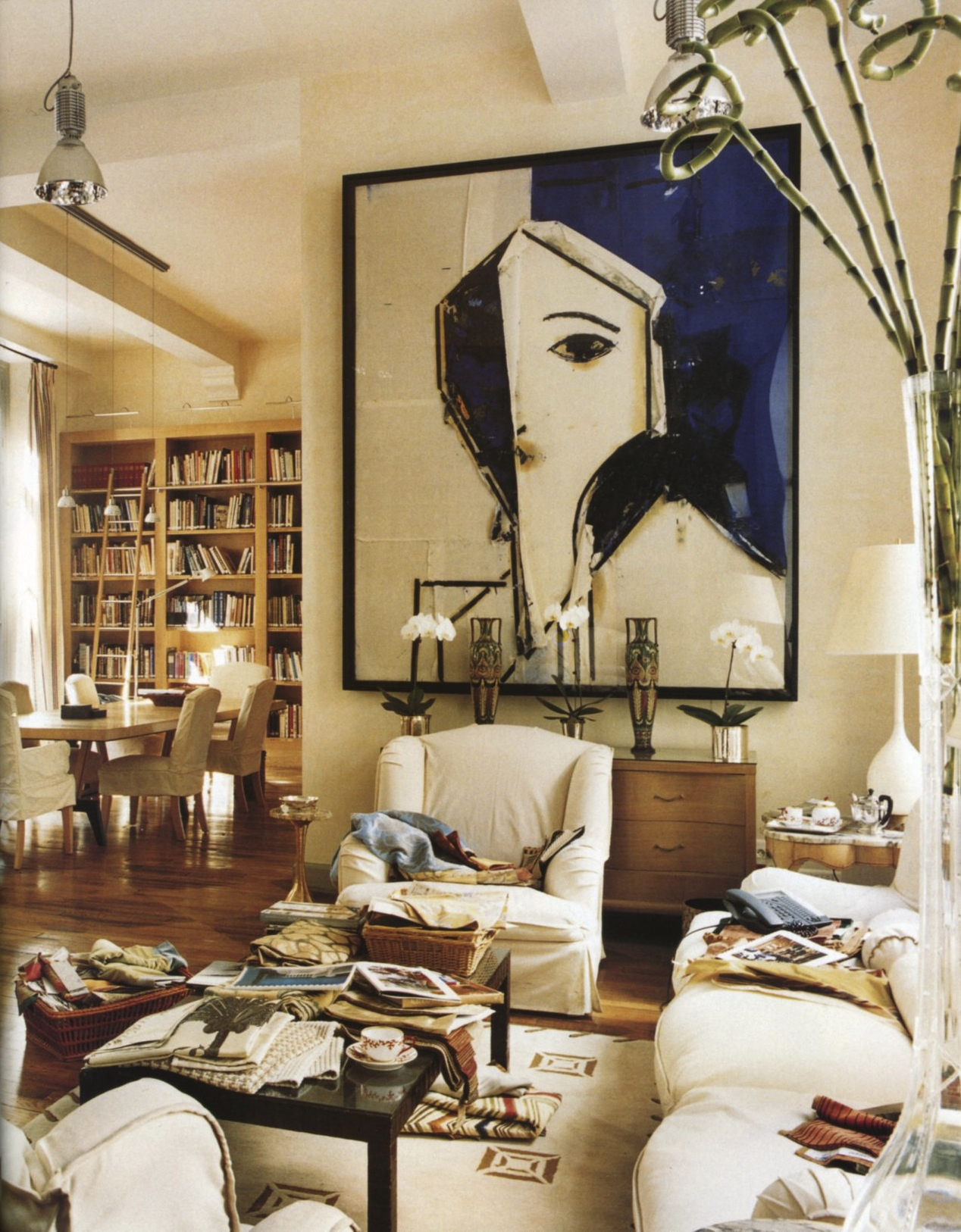
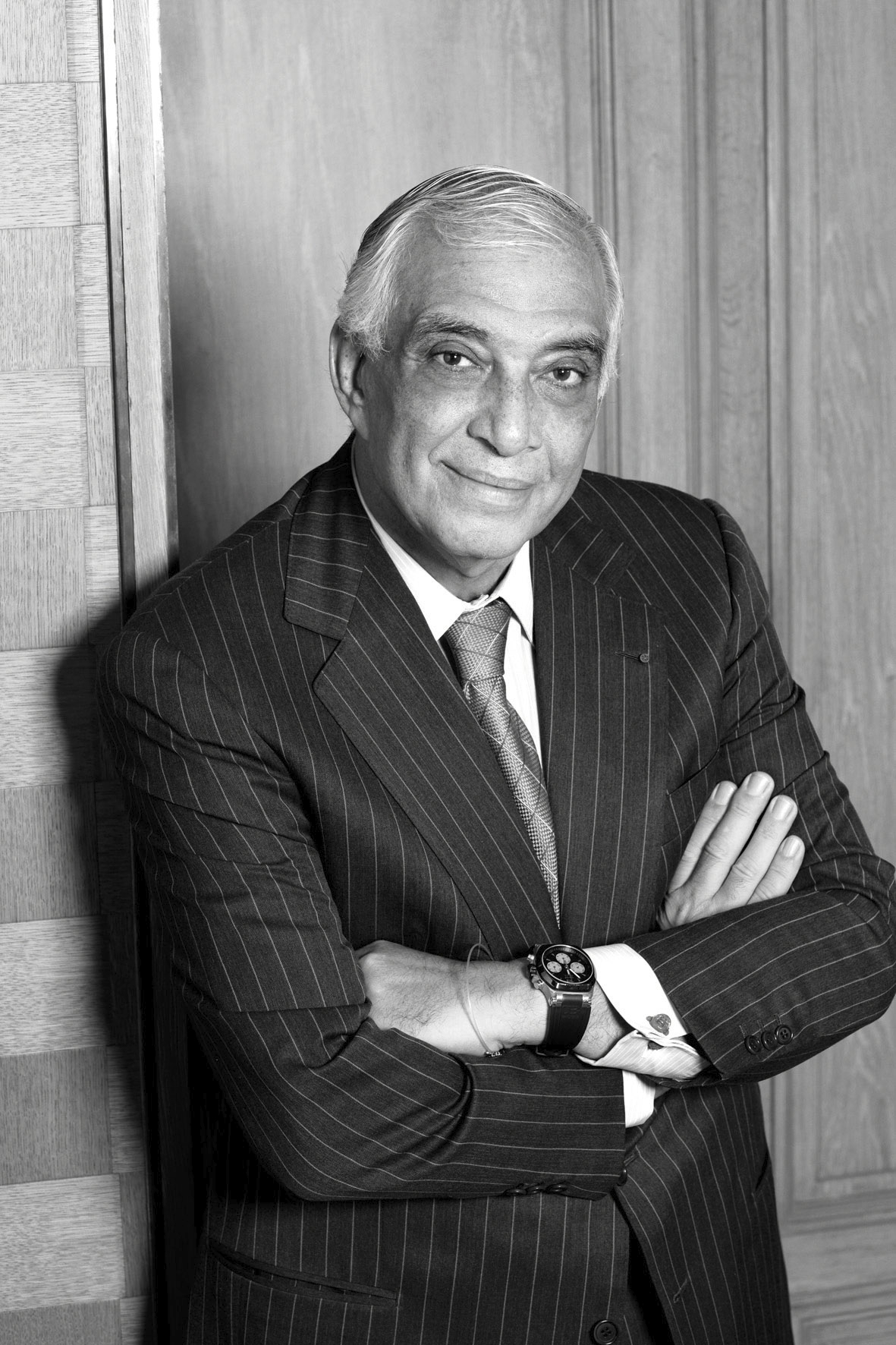
Interior designer Alberto Pinto died last Monday due to a pulmonary illness, according to a spokeswoman for his studio.
A world traveler and elaborate, frequently fantastical decorator, Pinto amassed a clientele ranging from Middle Eastern petroleum billionaires and politicians to celebrities. He was 69.
Born in 1943 in Casablanca, Pinto spent his childhood in Morocco. His tours across Europe and the rest of the world with globe-trotting parents would influence Pinto’s exotic, global design vision later in life.
In the Sixties in New York, he began working on interior design stories for Condé Nast, where he was introduced to avant-garde decorative arts, inspiring Pinto to experiment with varied and elaborate interiors within his own apartment.
Pinto founded a design studio in Paris in 1971. Viewing each project as a unique and global creation, he became one of the most cosmopolitan and worldly of French decorators, favoring Orientalist styles and pattern play.
Within his studio, Pinto surrounded himself with numerous artisans and collaborators, promoting a hyper-detail-oriented work ethic and putting colors and art at the epicenter of daily life. This ethos garnered him a variety of luxury commissions, ranging from bespoke airplanes and private yachts to luxury hotels across the world, notably the private salons of France’s Elysée Palace.
The projects that came out of his 70-person Paris office were often swashbucklingly dynamic, replete with overscale patterns, bold color schemes, and sumptuous appointments that found favor with Middle Eastern royals and international captains of industry. A study in Cairo was paneled with wood inlaid à la parquet de Versailles, while a Geneva dining room’s Louis XVI scheme seemed to await the arrival of Marie Antoinette.
Sleek, space-age minimalism was part of his portfolio, too, as evidenced by his designs for corporate headquarters, hotels, jets, and yachts (his first was for a Gucci heir). Pinto, a native of Casablanca, was especially gifted at creating seraglio-style settings, whose stained-glass light fixtures and carved plaster were inspired by traditional North African interiors—and are featured in his 2004 book, Orientalism (Rizzoli, 2004), one of several volumes about his work.
For admirers who could only dream of hiring Pinto for a full household makeover, he also created covetable tableware for Ercuis and Raynaud, fabrics for Pierre Frey, and table linens for D. Porthault. Some of these items, along with signature collections of gutsy contemporary furniture, lighting, and accessories, are sold in Pinto’s showroom at 14 rue du Mail in Paris, which will continue under the guidance of his sister and business partner, Linda Pinto.
Pinto’s sister and longtime collaborator, Linda Pinto, will take over the direction of the designer’s namesake studio. Among Pinto’s final projects were Paris’ Hôtel Lambert, a mansion-turned-hotel in the city’s 4th arrondissement, and Monaco’s Tour Odéon, a double-skyscraper apartment complex slated for completion in 2014.
Joelle’s Picks:
Souces: AD/ WWD
